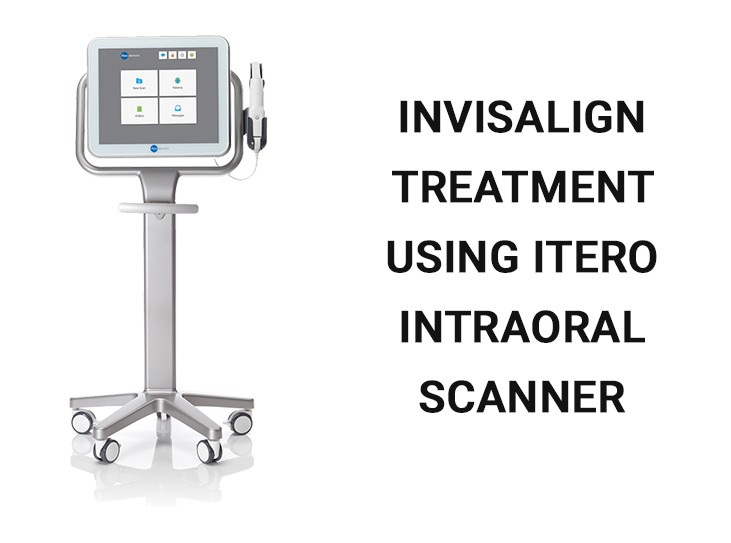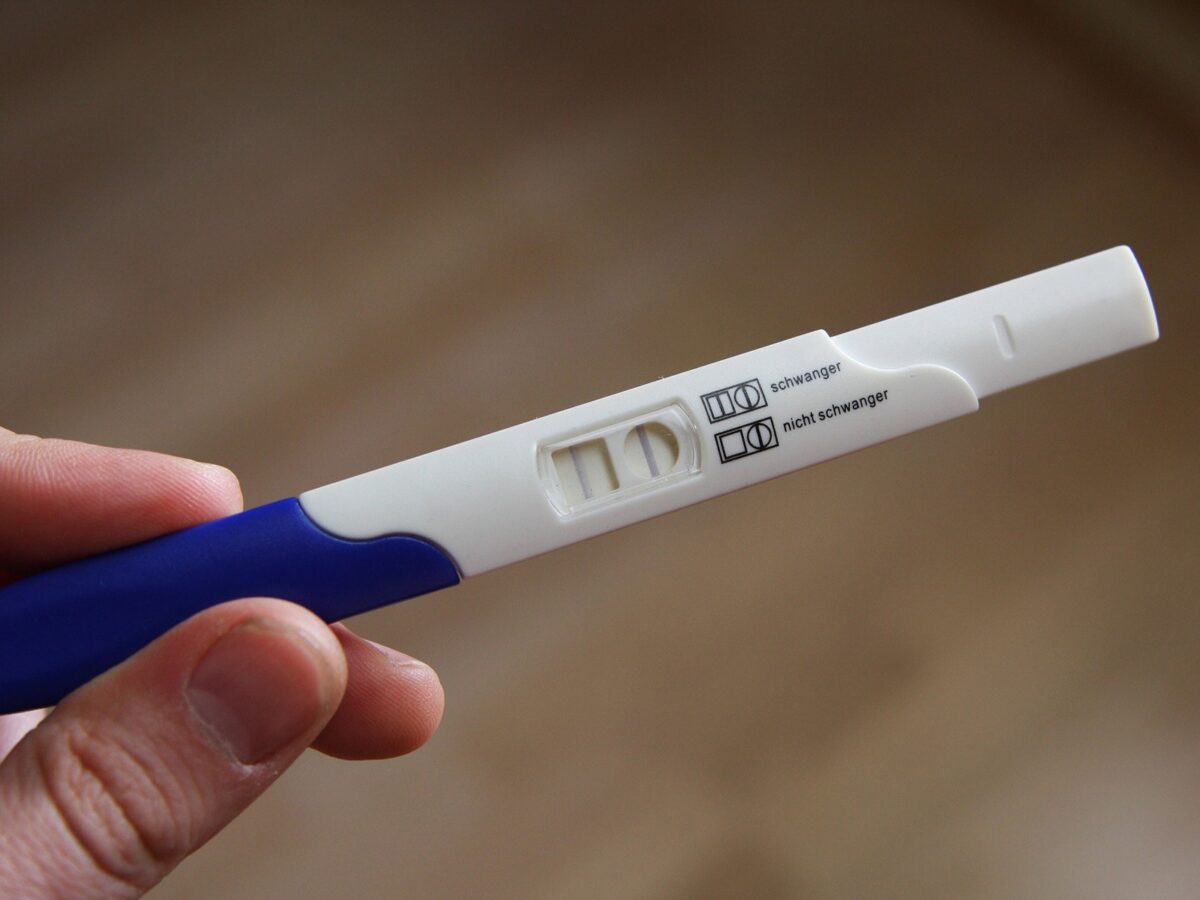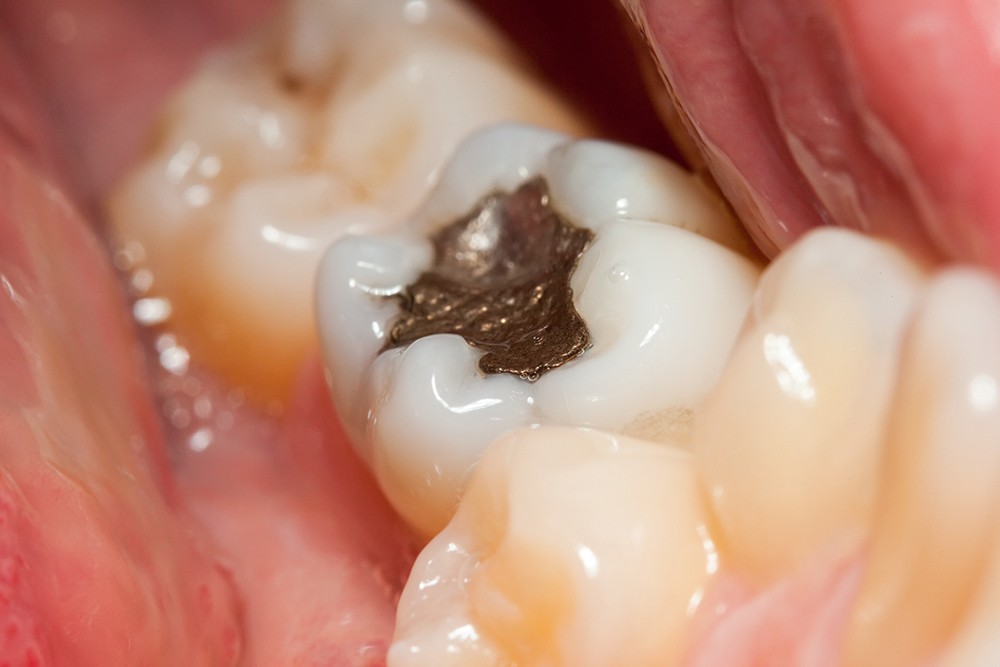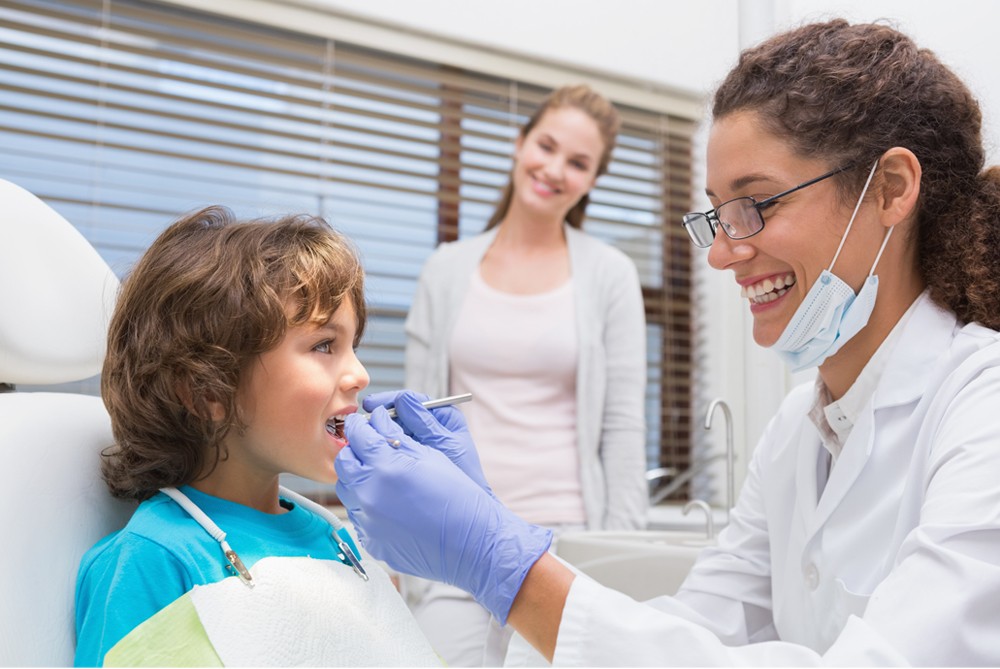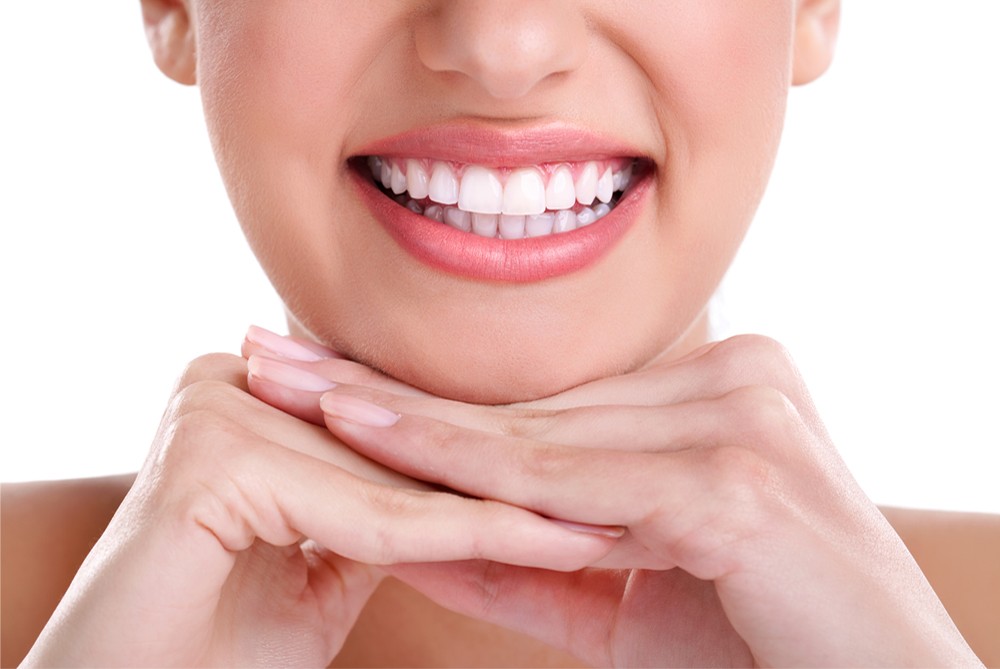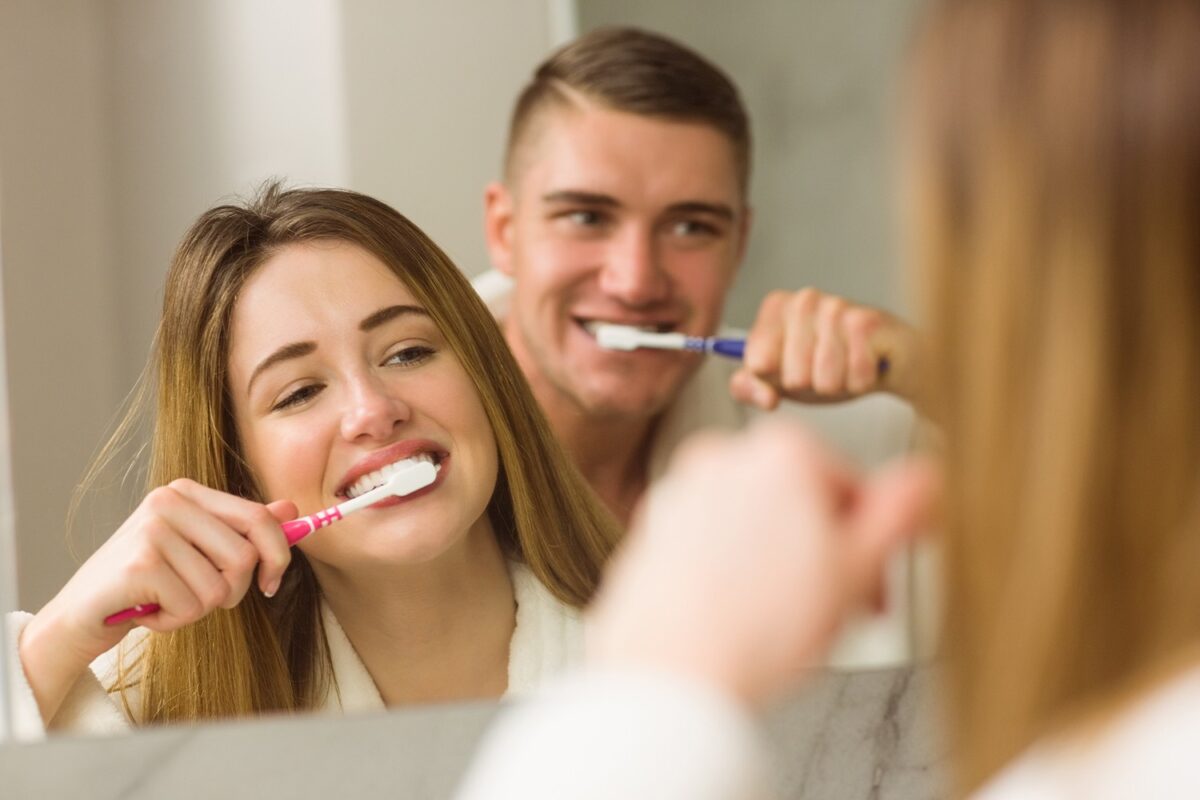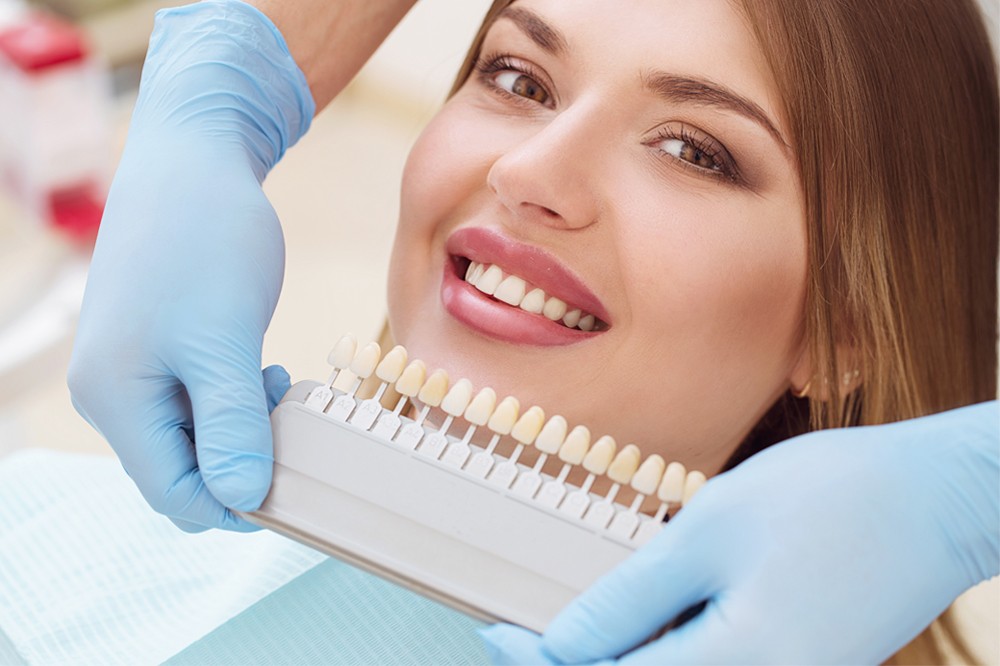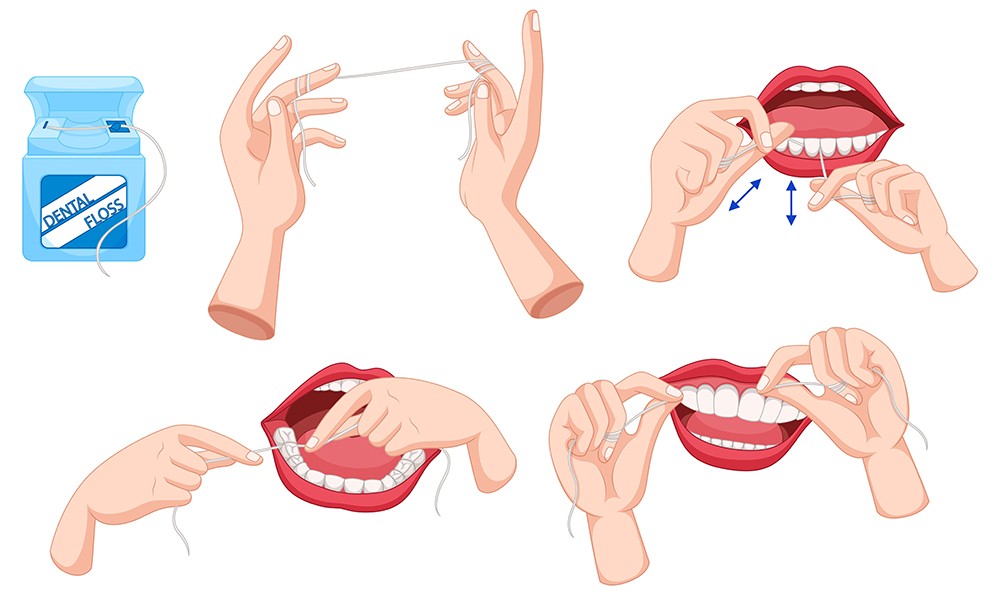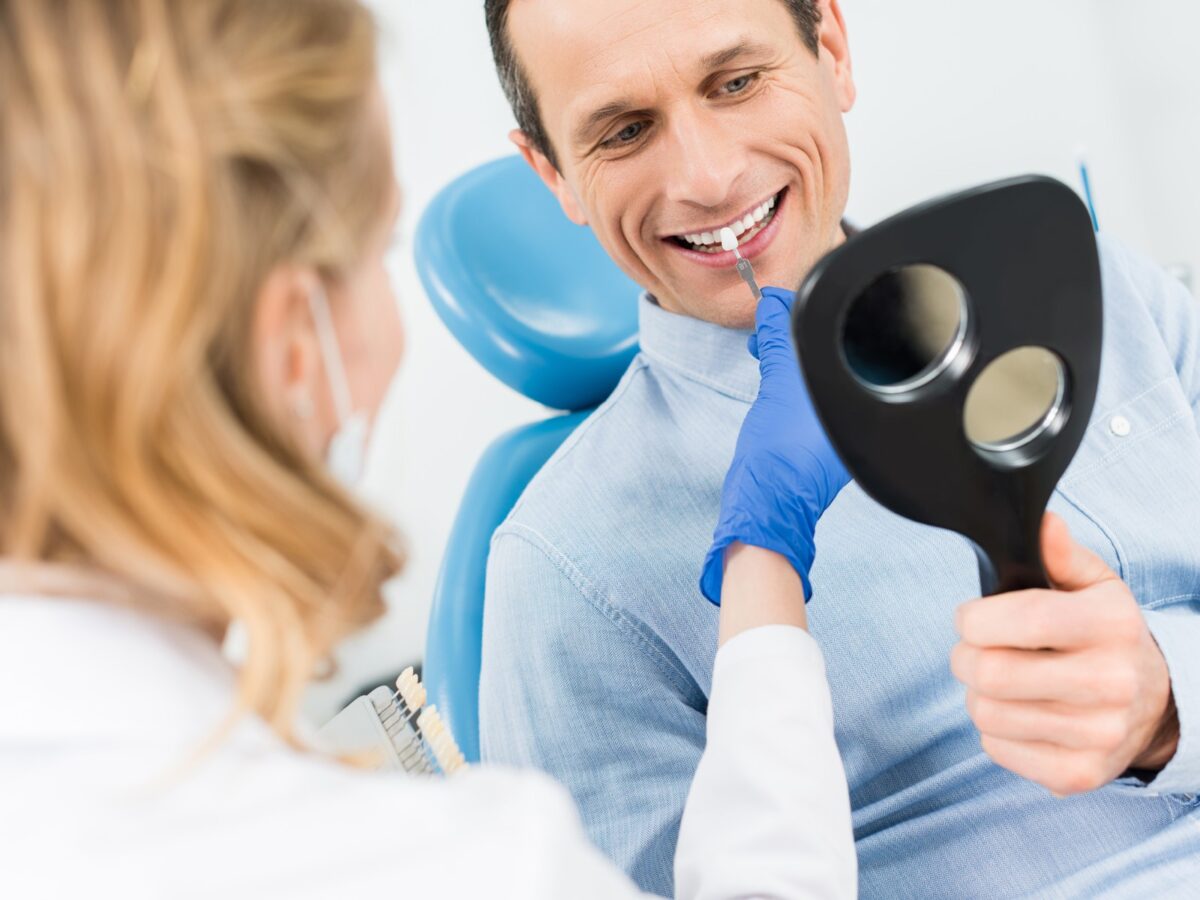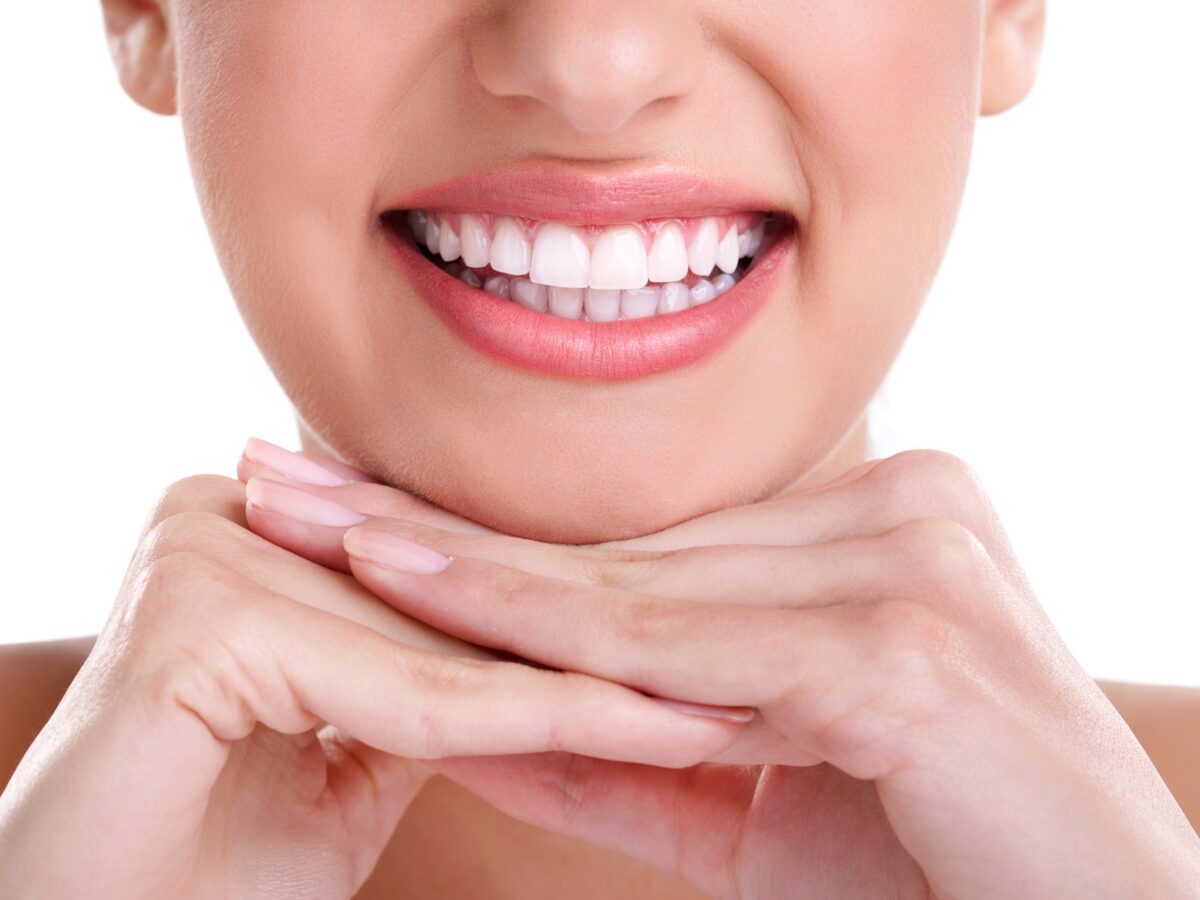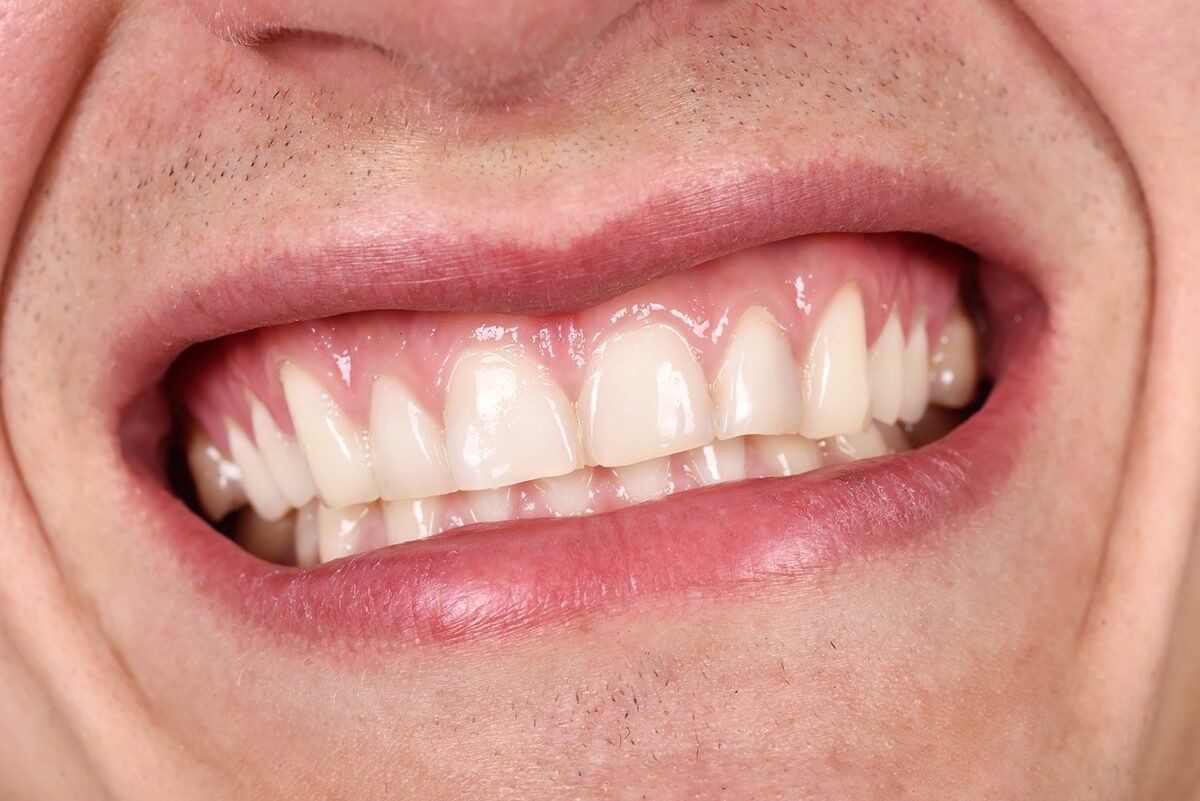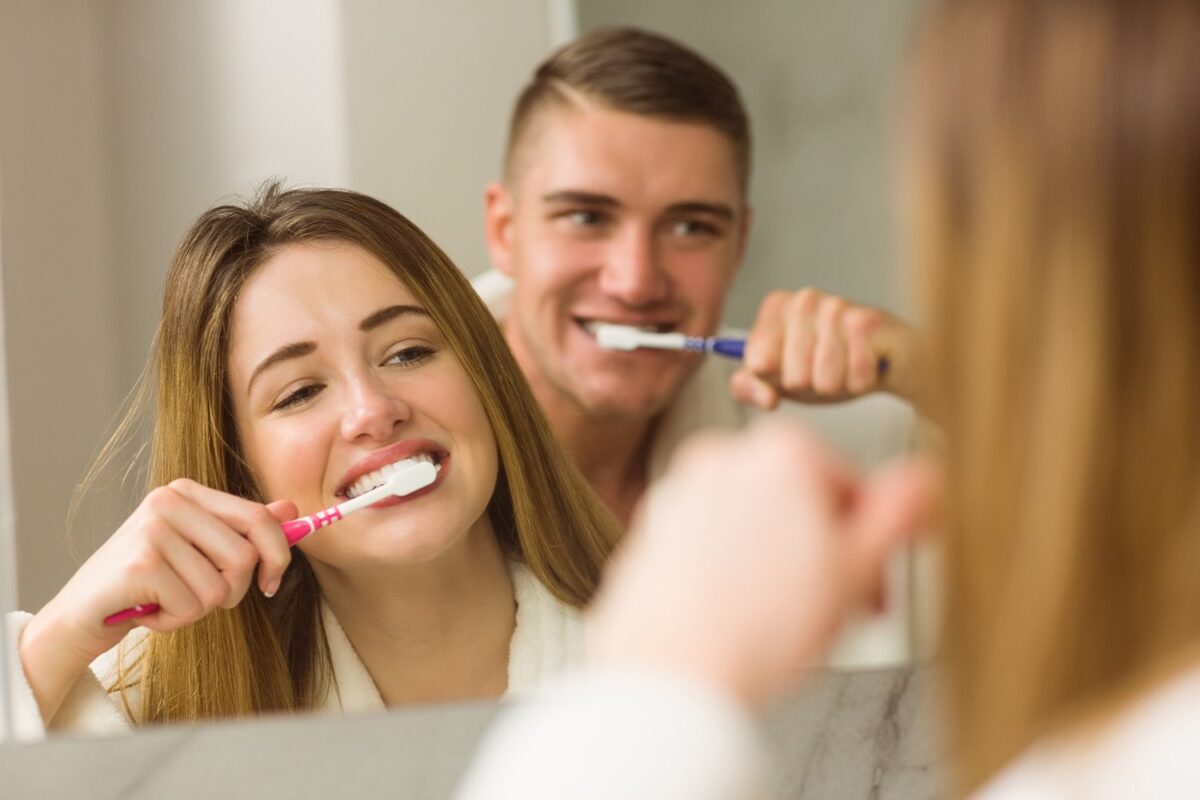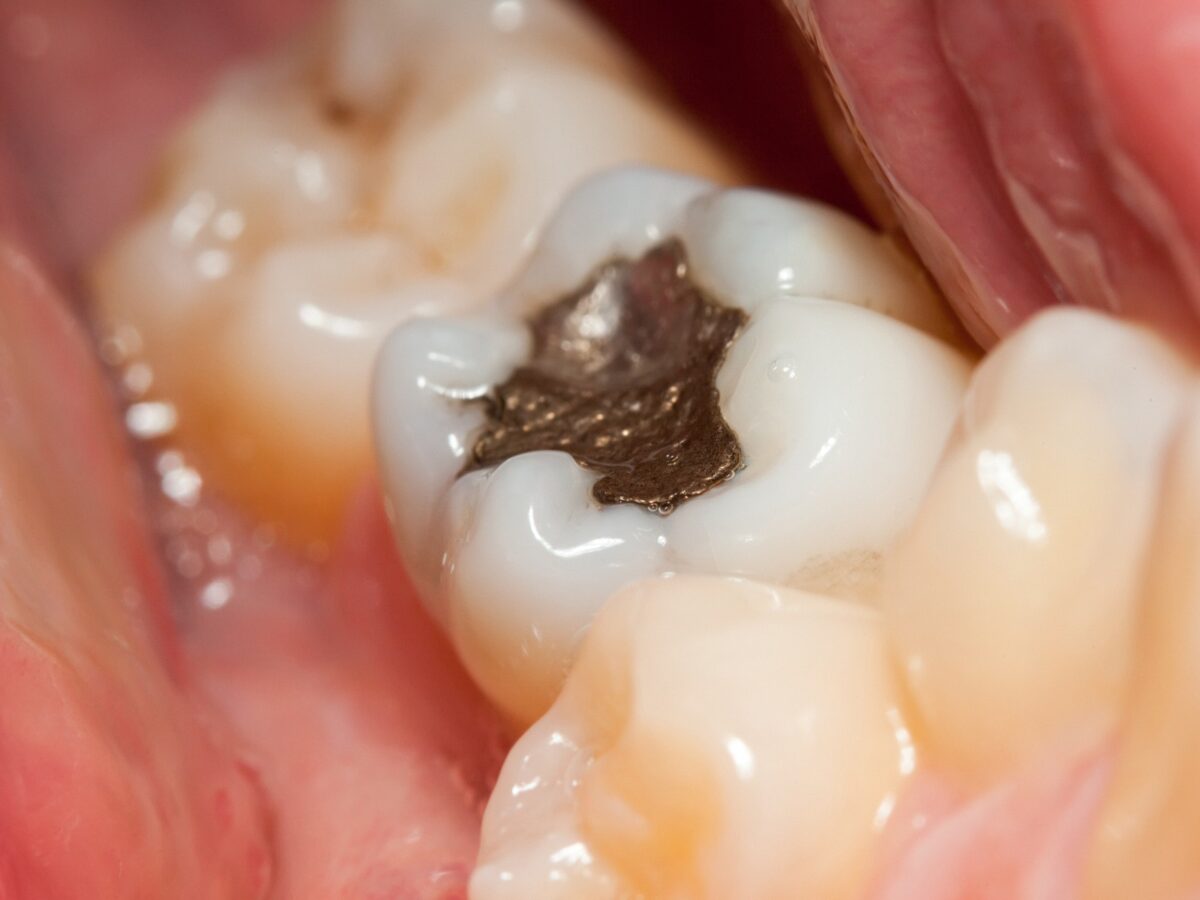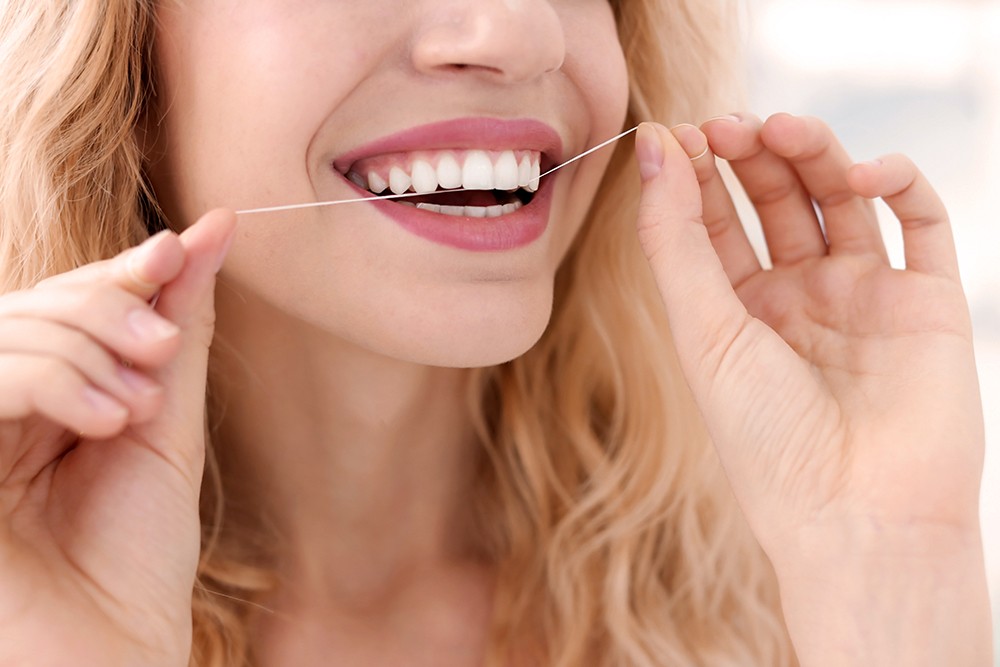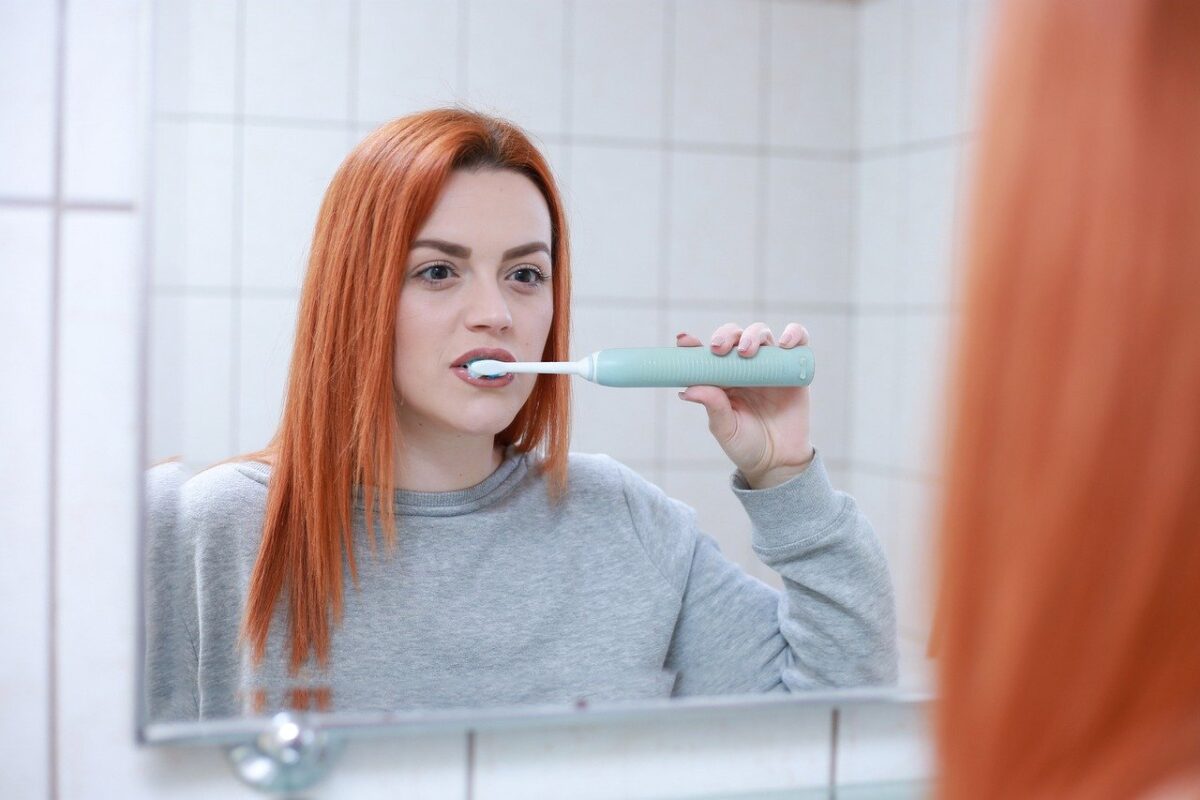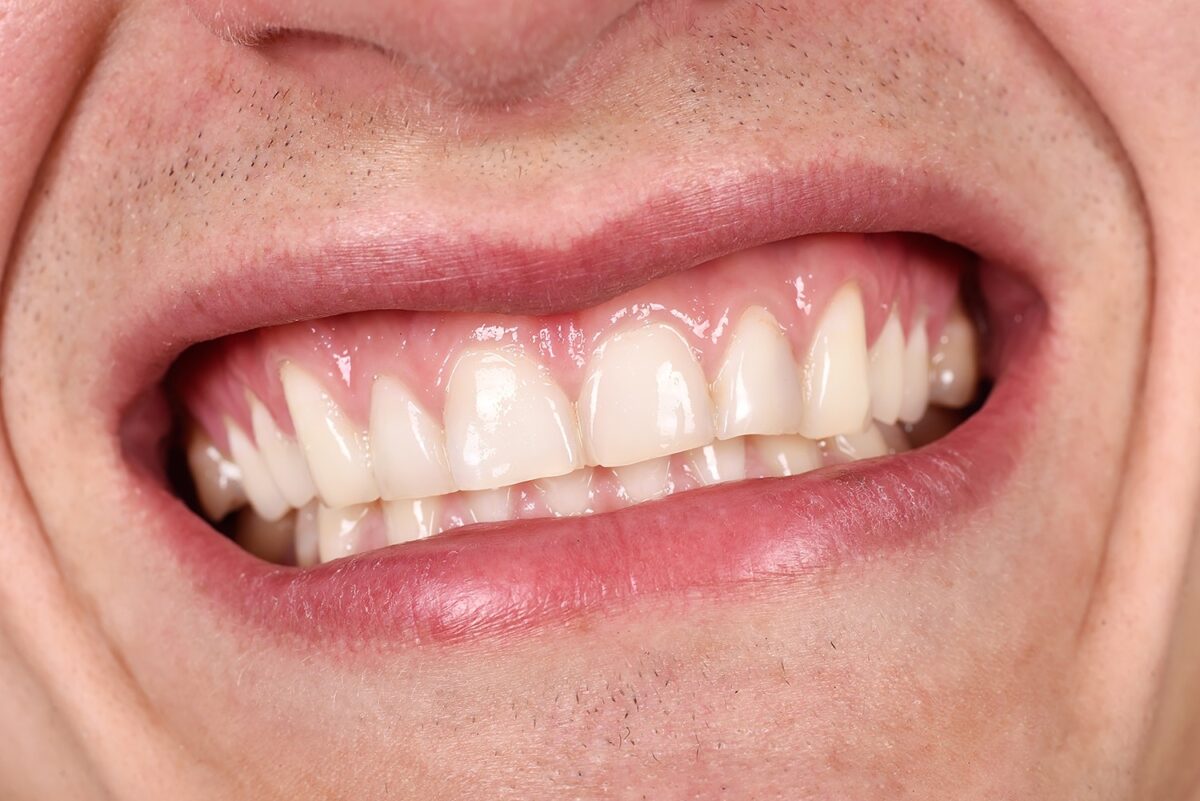Regardless of how thoroughly you brush, you’re never alone. The mouth is a very vital part of your body; it performs a special task on its own, containing more than 500 different types of microorganisms, some of them not yet named.
Some microscopic organisms are very important; Bacteria from the mouth help the gums and teeth stay sound, while some others can cause damage. Scientists have long realized that oral bacteria are the major cause of gum disease, cavities, tonsillitis and root canal infections. Furthermore, a few years ago, researchers started to follow the way the mouth’s microorganisms influence whatever is left of the body. Oral bacteria have been associated with everything from stroke and preterm births to pneumonia and diabetes.
As we acquire more knowledge about the mind boggling world inside our mouths, referred to specialists as the “microbiome”, a few researchers trying to find out how some particular number of microorganisms relate with health issues. One with serious attention is cardiovascular disease. Individuals suffering from diabetes are at high risk of heart problem: The American Diabetes Association says that individuals with diabetes are twice as prone to heart attack or stroke as individuals without. They’re additionally more inclined to have a periodontal infection, which can cause damages to gums and teeth.
With assistance through a grant from the ADA, College of South Carolina specialist Anwar Merchant is attempting to check whether it’s conceivable to tell from the plaque on your teeth that you may be at higher danger of having heart disease. Merchant work is a piece of a continuous study in Colorado, checking kids with diabetes and kids without. The children with diabetes who went through the text were between the ages of 10 and 12, and had lived with diabetes for no less than five years.
Merchant and his colleagues took test samples of mouth plaque, the stuff that develops on your teeth when you don’t brush and floss routinely. “We got test samples of their plaque and searched for 41 microorganisms known to be connected with periodontal diseases,” Merchant says. “These organisms are present in everybody’s mouth, though the only difference is that some people have more in numbers than the others.”
Within the same time duration they compared different indicators of heart disease; they found that children with a certain profile (more of a specific species of microorganisms) were earlier prone to heart disease like hypertension and abnormal cholesterol.
“We arranged the microbiological profile of the children taking into account organisms we obtain from their mouths,” Merchant says. “We’re relating the profile with the results.; Are the profiles the same or different between individuals with or without diabetes? Do individuals with a certain microbial profile have higher or lower markers of cardiovascular disease?”
Merchant‘s initial results propose that there is a clear relation between the condition of your mouth and health condition of your heart. The question that is yet to be answered is why the microorganisms help cause cardiovascular disease up ’til now no concrete proof was available to association between the mouth and the heart?
One important mechanism Merchant and others think may be highly responsible is inflammation, beginning with irritated gums and after that spreading to different parts of the body. “It’s could be that these organisms are responsible for inflammation in the mouth and in the body. That can affect different body systems most especially the heart and insulin activity,” he says. “Individuals with diabetes are more at risk to get cardiovascular disease. This may just be one more thing that adds to it.”
Another major possibility has to do with the large number of microorganisms living in your mouth. This number may actually be progressing, spreading to your bloodstream through little cuts in your gums. Scientists have discovered colonies of a certain awful bug called Porphyromonas gingivalis, the bacterium that helps cause the gum disease gingivitis, along the walls clogged-up blood vessels which transport to the heart.
Merchant is hopeful that his finding will assist to clear relation between the type of bacteria in your mouth with danger of heart disease. That may permit specialists to distinguish individuals at higher risk of heart disease by easily testing the bacteria in their mouths. “If there is an association, then in due cause microbiome may direct treatment later on,” Merchant says.
In future, it may be possible to get treatment that can protect or heal the heart by changing the balance of your mouth’s microbiome. Be that as it may, until then, Merchant urges individuals to brush, floss, and visit the dental frequently. Given the connections between diabetes and heart disease, he says, “this may be one major reason individuals with diabetes should see their dentist regularly.
Book Appointment to find out which treatment might be best for you.

